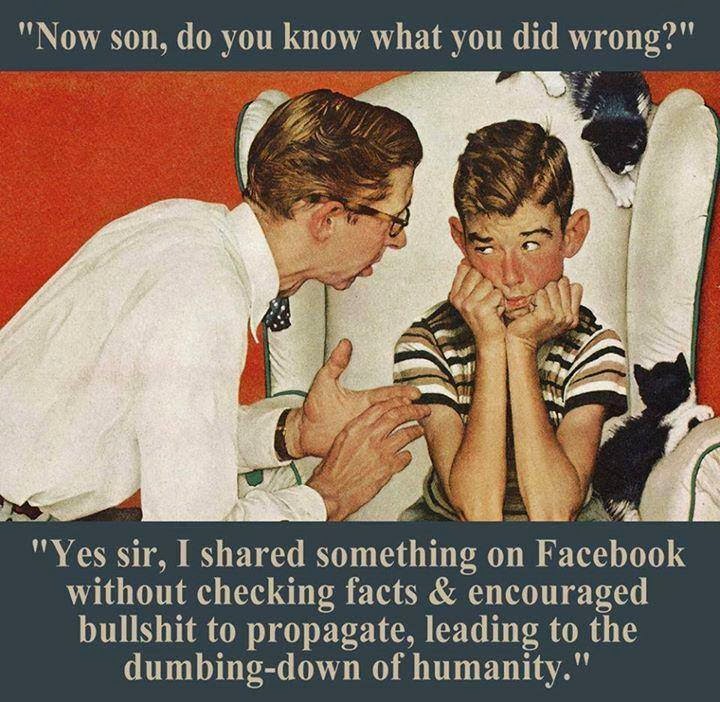Researchers found sheep DNA at the bottom of a Faroese lake that dates to several hundred years before the Viking settlement.
By Isaac Schultz

Centuries-old DNA collected from the bottom of a lake on the Faroe Islands is turning back the clock on human occupation of the archipelago. Vikings arrived there around 850 CE, but a team of researchers has deduced that some unknown group of humans must have arrived at these North Atlantic islands several hundred years earlier, around 500 CE. The team’s research is publishedtoday in Communications Earth & Environment.
“Our findings provide evidence that people had occupied the Faroe Islands and introduced livestock at least 300 years prior to the accepted settlement timing for the Norse,” said William D’Andrea, a paleoclimatologist at Columbia University’s Lamont-Doherty Earth Observatory, in an email to Gizmodo. “Of course, it is also possible that people were there even earlier.”

“There is still quite a bit of uncertainty concerning the history of exploration in the North Atlantic, due in part to the fragmentary nature of archaeological sites,” D’Andrea added. “Our study shows that for the Faroes, that history extends at least three centuries before the Norse lándnam, or colonization period.”
The Faroe Islands are a remote archipelago about 200 miles northwest of Scotland. They are rocky and windswept, meaning that little in the way of archaeology has stayed intact on the surface. So the researchers turned to a less-altered part of the islands: the relict sediments at the bottom of a lake, on the large island of Eysturoy.
The Black Plague Came To Norway In The Creepiest Way Possible Scientists Make First-Ever Observation of Warm Water Undercutting Antarctica’s ‘Doomsday Glacier’Antarctica’s Doomsday Glacier Is Close to Becoming UnhingedIn 1976 Arthur C. Clarke Predicted the Dark Side of Smartphones
Getting to the Faroes isn’t easy, especially with 6th-century technology. But some group—the team isn’t sure exactly who, as they haven’t analyzed the human DNA found in their samples—made it there before the Vikings with a whole lot of sheep in tow. They know sheep arrived alongside those humans because of the copious sheep DNA and fecal biomarkers in the sediments.
The lakebed has acted as as a catchment area for centuries, as surrounding material like soil has washed into the water. Everything in that soil—including the DNA of the island’s inhabitants and things like lipids from their guts—ended up preserved at the lake bottom.

The sheep DNA and biomarkers indicated a likely arrival date between 492 CE and 512 CE, but it could have been as early as 370 CE. (For reference, that’s only 50 years after Constantine split up the Roman empire.) These dates were determined based on the depth of the sediment layers—a layer of ash from a volcanic eruption known to have occurred in 877 CE provided a distinctive timestamp.
Past research has turned up other clues to humanity’s history on the islands. In the 1980s, researchers found that a weed commonly associated with human movements appeared in the Faroes around 2200 BCE. But that weed could’ve been dispersed by the wind, as so many plant seeds do. But in 2013, a study found charred barley grains under a Viking longhouse on the island of Sandoy. That indicated pre-Norse arrivals to the islands but was only one piece of evidence. Lorelei Curtin, a co-author of the new paper and an earth scientist at the University of Wyoming, said that the new research certifies that the Vikings were not the first people there.
As to who those early explorers were, the team said they could have been Celts, but it’s not certain. They did find human DNA in the sediment, but it may have been modern contamination and was not investigated further. (The team knew the sheep DNA was older because of how fragmented it was, and thanks to a DNA extraction method that helps rule out contamination.)
“We are still in the process of developing records of past climate and human activities from additional sites around the Faroe Islands,” D’Andrea said. “The great thing about lake sediments is that they hold information not only about human activities, but also about natural changes in the past climate and environment.”
D’Andrea and his colleagues have ongoing projects around the North Atlantic and the Arctic, he said, so more discoveries about long-ago human travels may be yet to come.
This blog was updated to include information about how the team knew the sheep DNA was not modern.











You must be logged in to post a comment.